The region of southern Mesopotamia is known as Sumer, and it is in Sumer that we find some of the oldest known cities, including Ur and Uruk.
c. 4000–2339 B.C.E.
The region of southern Mesopotamia is known as Sumer, and it is in Sumer that we find some of the oldest known cities, including Ur and Uruk.
c. 4000–2339 B.C.E.
What is Sumer?
we're adding new content all the time!
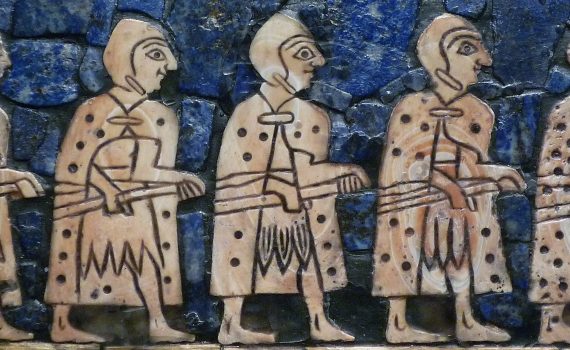
Intentionally buried as part of an elaborate ritual, this ornate object tells us so much, but also too little.
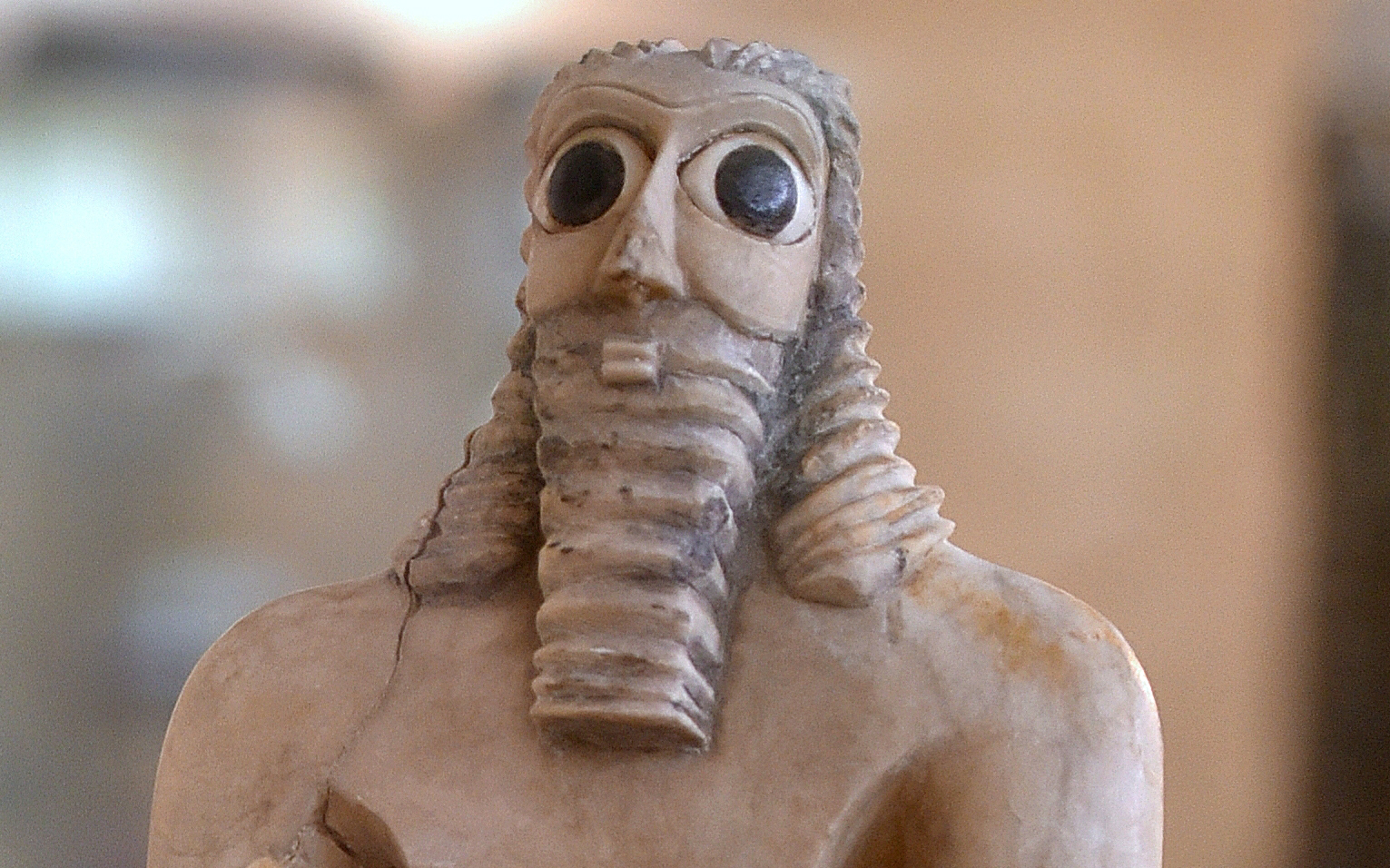
One of a group buried in a temple almost 5,000 years ago, this statue’s job was to worship Abu—forever.
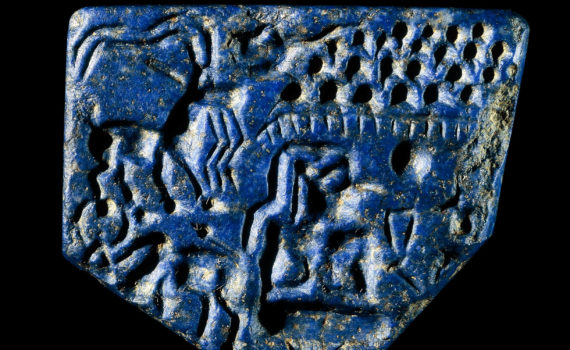
There were close connections between the Indus Valley civilization and eastern Iran.
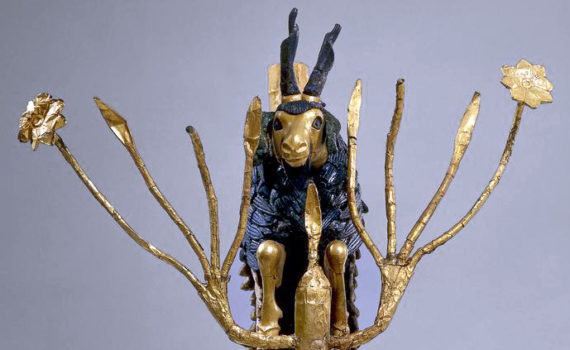
This figure of a goat was made of precious materials and was found in one of the royal graves of Ur
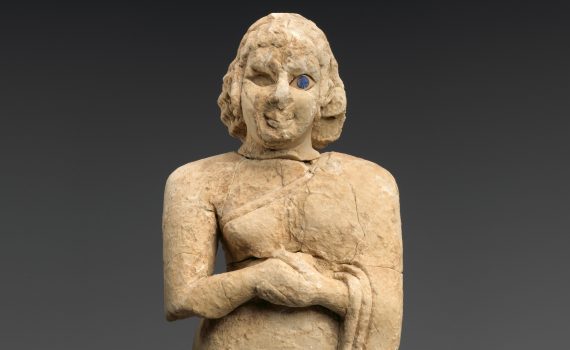
Sumer was home to some of the oldest known cities, supported by a focus on agriculture.
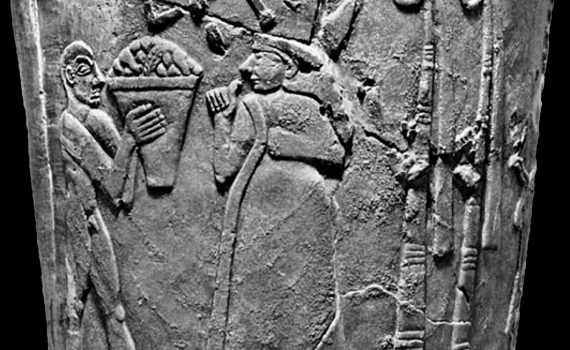
One of the most precious artifacts from Sumer, the Warka Vase was looted and almost lost forever.
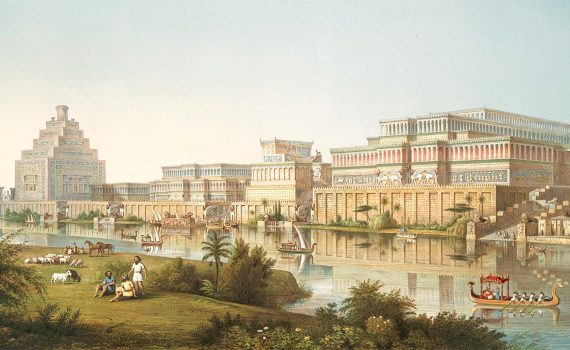
From physical models to virtual reality, reconstructing ancient sites and objects can help us understand the past.
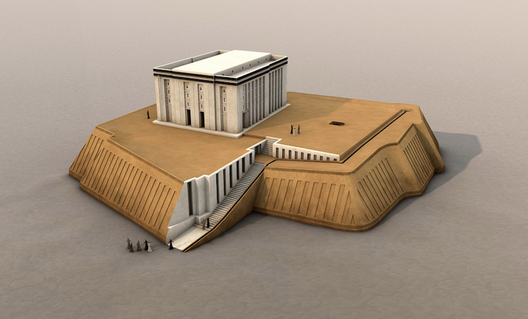
A gleaming temple built atop a mud-brick platform, it towered above the flat plain of Uruk.
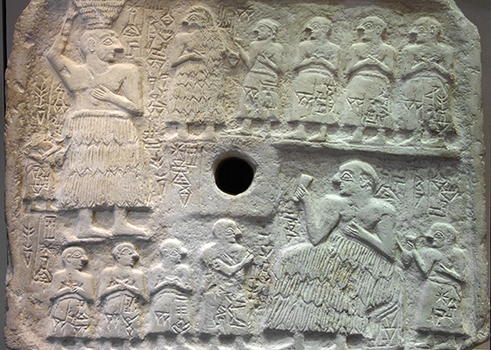
More than 4,000 years ago, Ur-Nanshe, the chief priest and king, displayed his piety and power by building a temple.
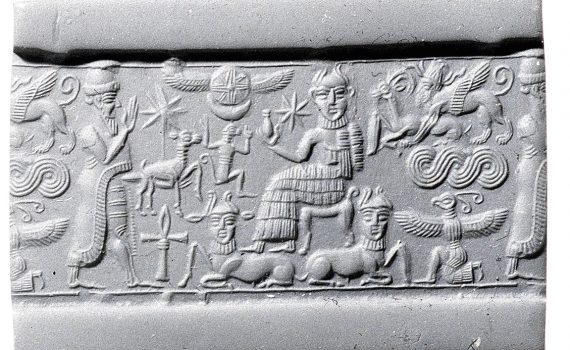
Instead of signatures, the Ancient Near East used carved beads to press unique impressions into clay documents.